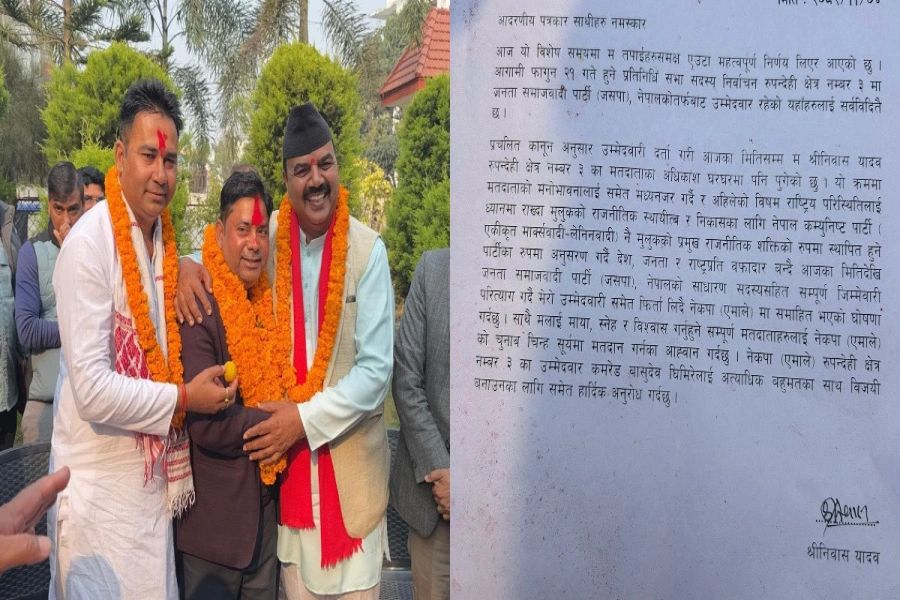We are worried. We want to come back to Nepal. What would it be like to die in a country where there will not be a single soul to mourn for you?
Countries around the globe are maintaining different strategies to get rid of COVID-19 pandemic and protect their people. The United Arab Emirates (UAE) is also trying its best to save its people. The pandemic has crippled the world economy since many companies have been closed. Some countries are almost on the verge of collapse. The UAE is no different. What will be the fate of those Nepalis working in the UAE?
As of today, there are almost 6,302 patients and 37 (as of 18th April) deaths recorded in the UAE. The country is fighting at its best putting all its combined efforts to protect its people and ex-pats. The disinfection drives have started nationwide. The government has addressed all the people residing in the UAE not to worry but to follow the distancing protocols and the preventive regulations of the local authority. People have already come together for community service provisions during this crisis. Some are offering food, clothes and other essentials to the needy while some are donating money and the most they can. Relief materials are being distributed to the ex-pats and landlords are being so generous to their tenants since some businesses are either slowing down or closing and as a result, many employees are jobless, underpaid or in the forced leaves.
Every Nepali here is playing their part to support each other. We have tried to collaborate with the Nepali Embassy here to know how they have been ensuring the safety and protection of Nepali laborers and found out that it is doing its best and taking all initiatives to provide safety, support and guidance to Nepalis in this country.
Dubai Food Festival 2022 to celebrate Dubai's global gastronomy

But there are many Nepalis who are in a helpless situation. Pema Yolmo, 27 years old, Pizza The Hot supervisor from western Nepal, died last Friday. His dead body is still in the hospital mortuary. It’s indeed hard to do the body repatriation at the moment yet there are countries that are putting the flights in place to take home their citizens’ dead bodies. However, the government of Nepal does not seem to take any initiative in this regard.
All of us are looking for the opportunity to return home. We don’t want to die in a foreign land. When we hear the news of corona patients skyrocketing and death rates soaring up every day, we get mentally distressed, we panic. Everyone wants to return home now.
Binu Parajuli, 40, recently died of coronavirus. She was the first Nepali to die of coronavirus in the UAE. Other victims are on the line. If this continues, none of us will be able to live with peace of mind.
We feel what if we die here! Dead body repatriation is not possible and hospitals can’t hold the dead bodies for long due to emergency. It happened with Pema. It’s been already decided by the hospital that his body will be cremated here only as the lockdown continues and no flights are possible or arranged by the government of Nepal. A roommate of late Pema had sought advice with the Nepali Embassy and the Embassy suggested him to get consent from the parents of the deceased back home so that they could write to the hospital soliciting approval for his burial here.
The UAE government has adopted numerous measures to control the pandemic. Recently, the government has established a grand 3030-bed hospital. The UAE is fully equipped to fight the pandemic. All protocols, process and people are in place. Lockdown is in place and is expected to prolong.
But we Nepalis are worried. We want to come back to Nepal but the government back home says it is not possible. This has made us even more worried. What would it be like to die in a country where there will not be a single soul to mourn for you?
Besides, due to lockdown, most of the malls are closed and we are not getting food to eat. Thus I, on behalf of Nepali workers here, would like to request the government in Nepal to make arrangements for the return of desperate migrant workers. Migrant workers have helped to sustain the economy of the country through remittance. Now they need the country to help them.




































